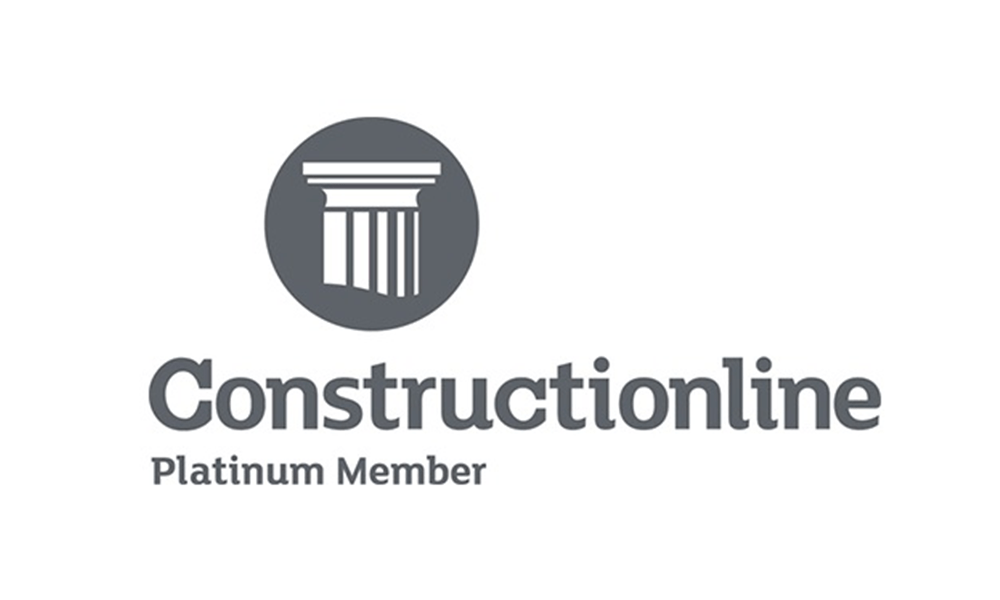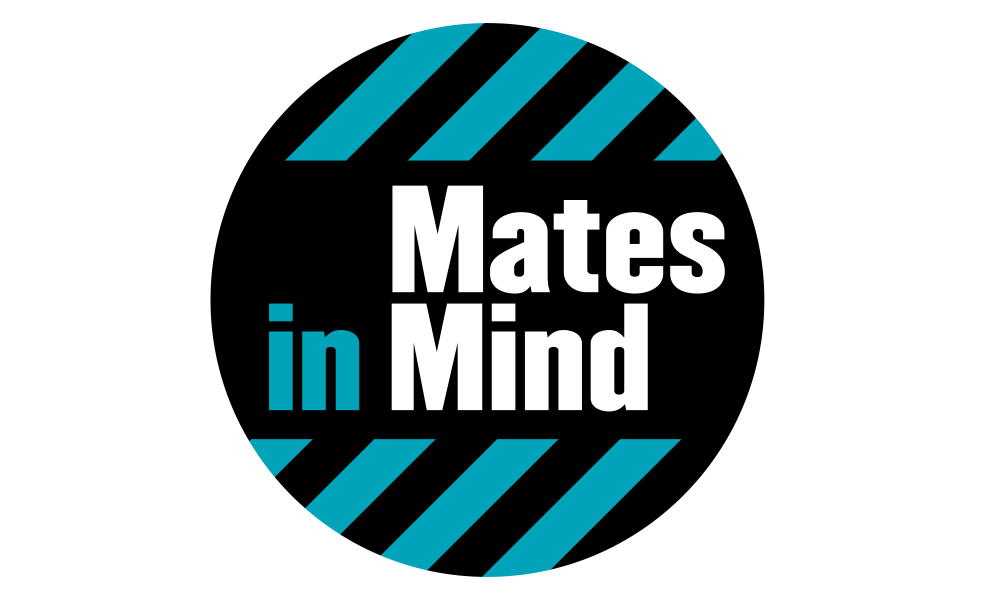Brexit and the pandemic have played a significant role in supply chain issues in the UK. According to the Construction Leadership Council, 60 percent of imported materials used in UK construction projects come from the EU and increased congestion at UK borders has led to widely reported delays.
For many construction companies, this has revealed serious flaws in their supply chains and resulted in wide-reaching implications such as reams of paperwork, inflated costs and material shortages.
At Pexhurst, however, this past year has highlighted the strength of our supply chain as well as the importance of clarity of vision combined with collaboration. We caught up with Senior Buyer Michael Munroe to talk more about the importance of Pexhurst’s supply chain and the key factors contributing to its resilience…
The Power of Partnerships
“Both Covid and Brexit have pushed procurement to the forefront within the construction industry like never before. There is no doubt that our strong supply chain helped us through the pandemic. We have always prided ourselves on our long-standing relationships with our suppliers. We treated them well and supported them before the pandemic and Brexit, and in turn they have supported us and kept us up to speed over the past eighteen months.
Communication has also been key. Where before we may have favoured traditional ways of communicating with our suppliers, such as face-to-face meetings and phone calls, we have now embraced new methods such as Zoom and Teams.”
The Power of Planning
“We had an agile response to the pandemic and Brexit because as a buying team, we were always thinking one step ahead. Every project has critical path items and so contingency planning was paramount. For example, on any given project, we look eight weeks ahead of time to assess what could potentially cause a delay to our programme.
Many of the challenges that arise are a direct result of factors including new border control criteria, delays in transportation or the like. Most of our suppliers are UK-based, but many of the manufacturers are European based so some materials can be more challenging to source. Carpet tiles may need to be imported from Holland for example or bespoke furniture from Belgium…
We have therefore considered the materials we use across the board on all our projects. One example is that we have been purchasing and storing in large quantities, materials with long lead in times such as cement and plasterboards in our own purpose-built head office facilities or asking that they be stored by our suppliers to avoid any delays on our projects.”
Looking to the Future
“I’m proud of our team and how we navigated this crisis with hard work, speed and increased collaboration. We have learned a lot and taken many positives over the past 18 months. We are now embedding the decision-making and the effectiveness with which we acted for the future.”
Follow us on LinkedIn – https://www.linkedin.com/company










